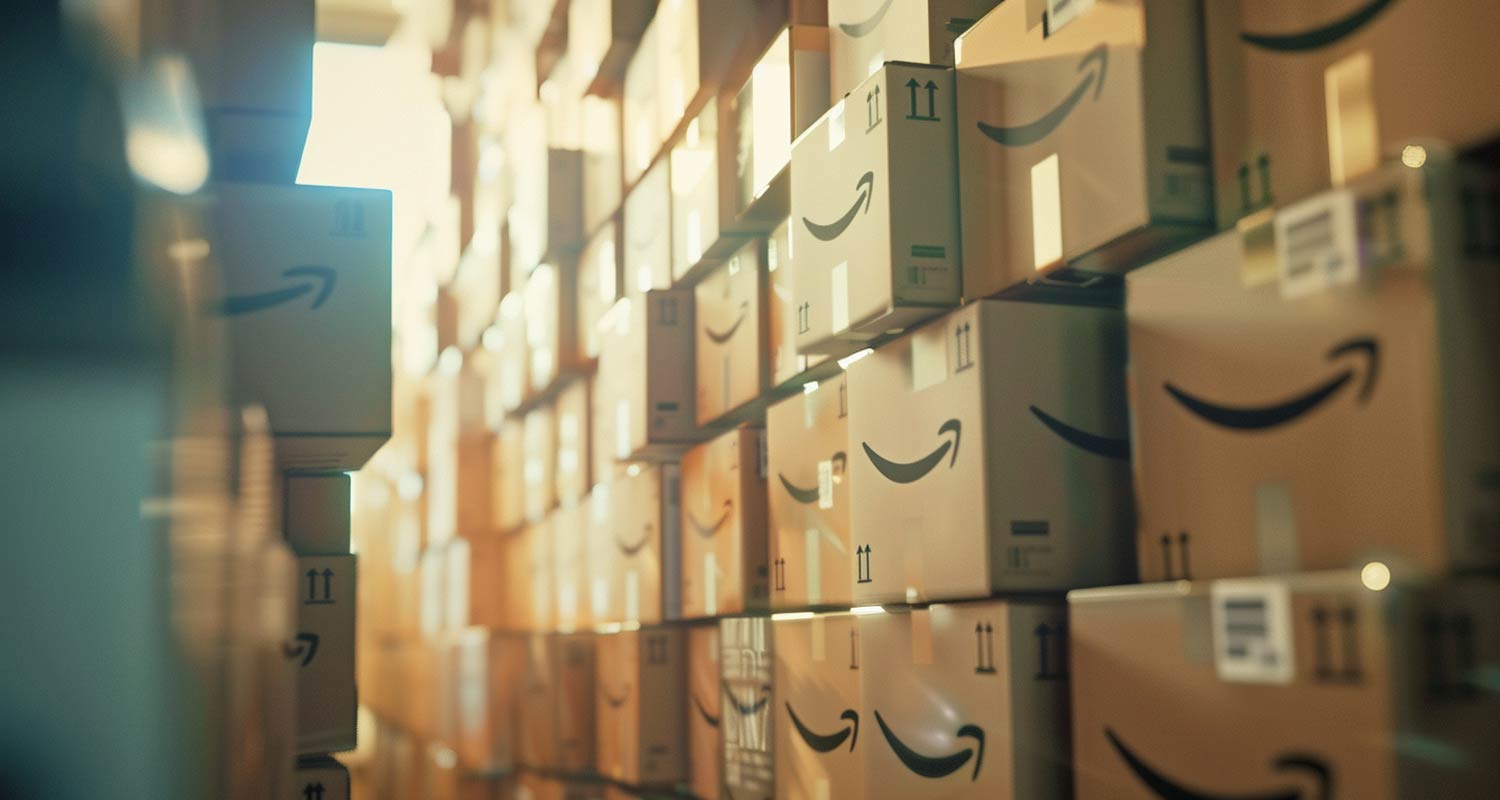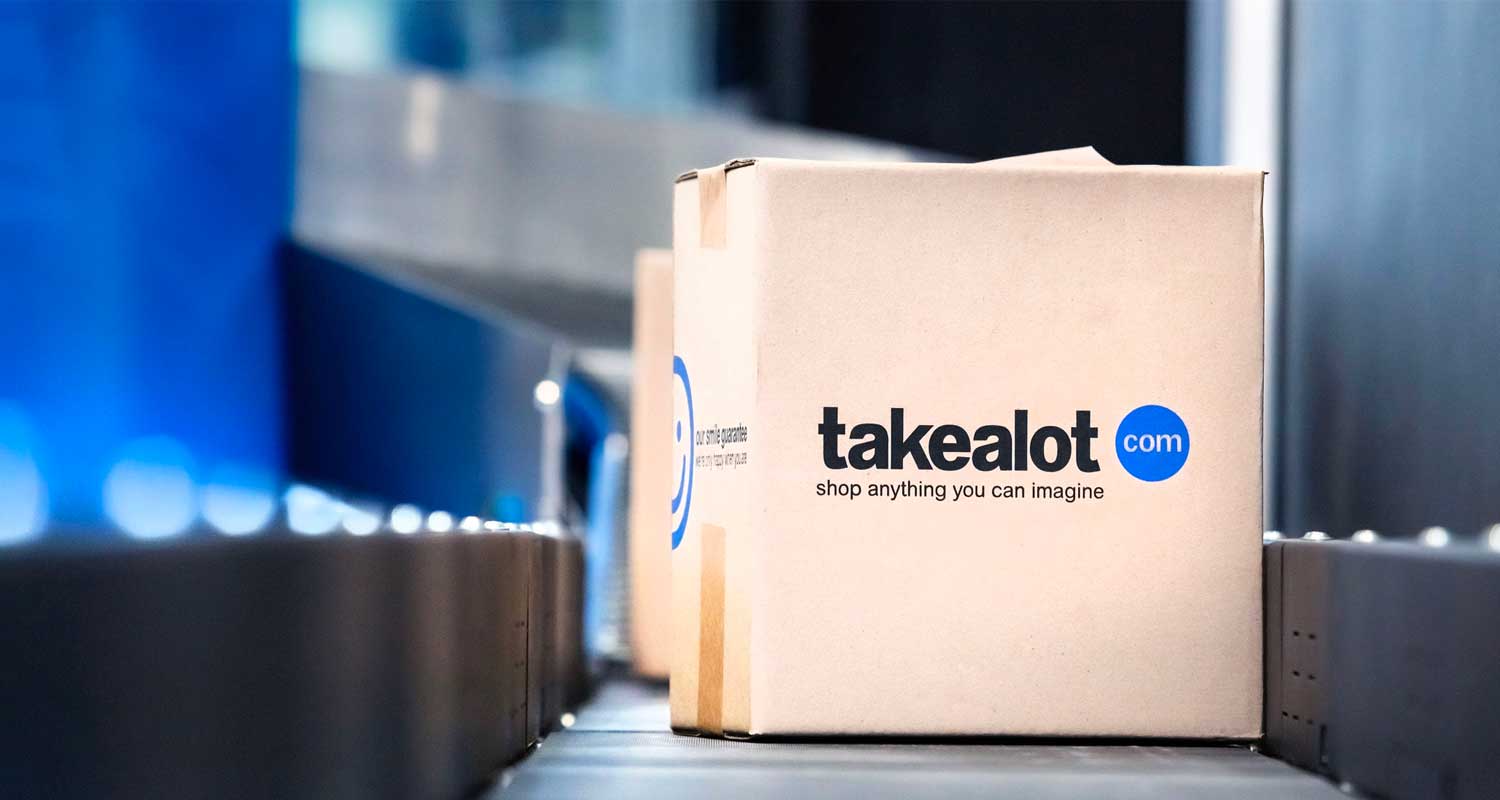 It’s clear that Amazon, which launched retail marketplace operations in South Africa on Tuesday, is going toe to toe with homegrown rival Takealot. But which is cheaper?
It’s clear that Amazon, which launched retail marketplace operations in South Africa on Tuesday, is going toe to toe with homegrown rival Takealot. But which is cheaper?
A review of the (somewhat limited) launch day selection of products on amazon.co.za shows the US online retail giant’s pricing is largely competitive with Naspers-owned Takealot’s, at least according to an initial comparison of 10 products by TechCentral.
We went through both websites to compare the prices of a selection of 10 popular products to see which platform wins on price. The data tells a mixed story, suggesting aggressive pricing is not the top priority for Amazon in the local market.
In contrast, other new entrants to the e-commerce market, especially China’s Shein and Temu, are geared towards a more price-sensitive consumer segment.
The list of products in the table above shows that although there are some items, such as the 9kg Cadac gas cylinder or the Samsung Galaxy S24 Ultra (the * denotes items out of stock), where differences in price are significant, the price parity between amazon.co.za and takealot.com on other products are the same – or similar.
Takealot has maintained its lead in South African e-commerce by focusing on supplying quality products supported by a reliable logistics infrastructure and dependable returns policy. Amazon seems to be aiming at matching that proposition in the local market, although many of the products listed in its catalogue were out of stock on launch day – presumably something that will be rectified soon.
The quality of Amazon’s local logistics network still needs to be tested. Certain items on amazon.co.za are listed as available for same-day delivery, although the item with the longest free delivery time window that TechCentral came across was dated 8 June, suggesting the item must be imported.
The lack of a full-fledged service offering by Amazon – it hasn’t yet launched its branded devices or its Amazon Prime service here, for example – suggests it may be taking a “minimum viable product” approach to its entry into the local market, opting to add functionality incrementally as different parts of the system are tested and modified for operational efficiency. TechCentral has queried Amazon representatives to confirm if this is indeed the case, but they hadn’t responded by the time of publication.
If true, though, it suggests that Takealot has less to worry about – at least in the short term.
 Indeed, the impact that Amazon will have on the South African economy may take longer than many had expected. Speaking at an e-commerce webinar in February, Yaeesh Moosa, head of marketing at takealot.com, told attendees that Amazon’s interest in South Africa is a sign of the potential for growth in the local industry.
Indeed, the impact that Amazon will have on the South African economy may take longer than many had expected. Speaking at an e-commerce webinar in February, Yaeesh Moosa, head of marketing at takealot.com, told attendees that Amazon’s interest in South Africa is a sign of the potential for growth in the local industry.
Moosa’s comments lends credence to the idea that Amazon may be testing the local market before investing in an aggressive growth strategy.
“Amazon is coming to plug into existing structures. We have seen that Amazon does create a lot of jobs, but we think initially that will not be the case. Bigger investments may come once they have adapted to the local economy,” said Moosa. – © 2024 NewsCentral Media



 1 week ago
103
1 week ago
103

















